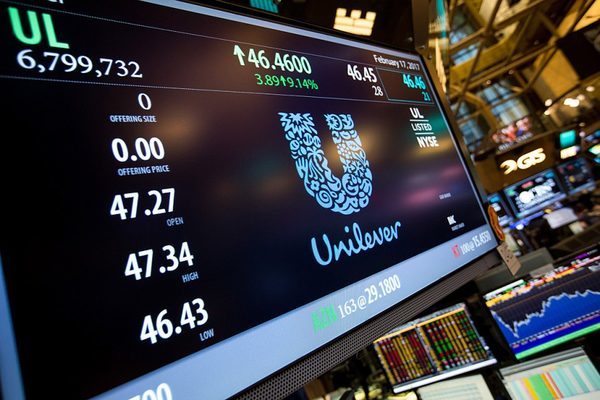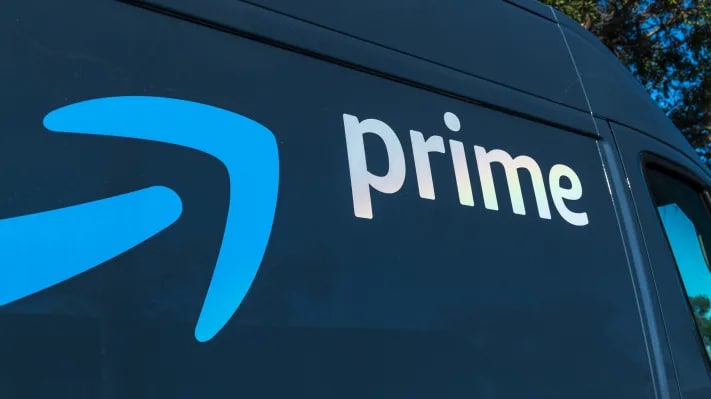Kraft Heinz waives offer to purchase Unilever

 The American group Kraft Heinz gave up “amicable” Sunday to create a global mastodon of the mass consumption by buying the Anglo-Dutch Unilever, who rejected his advances.
The American group Kraft Heinz gave up “amicable” Sunday to create a global mastodon of the mass consumption by buying the Anglo-Dutch Unilever, who rejected his advances.
A proposal by Kraft Heinz unveiled Friday valued Unilever at about $ 143 billion. But the Anglo-Dutch group had judged it too weak, saying there was no “advantage, financial or strategic” for its shareholders.
Kraft Heinz was not initially discouraged, saying he still hoped “to be able to reach an agreement on the terms of a transaction”.
Many analysts were therefore expecting it to come back with a higher bid, and the merger hopes had pushed up the stock prices of both companies by more than 10% on Friday.
The American group, apparently not ready to embark on a hostile offer, however ultimately renounced obstinacy.
“Kraft Heinz has agreed to withdraw its proposal to bring the two companies together,” the two groups said in a brief statement.
“Unilever and Kraft Heinz are in high esteem respectively. Kraft Heinz has the utmost respect for the culture, strategy and direction of Unilever, “continues their common text.
Consolidation not completed
Kraft Heinz and Unilever are heavyweights of consumer goods, with turnover of 26.5 billion US dollars (24.9 billion euros) and 52.7 billion euros respectively.
The American group is nevertheless mainly active in the food industry, with the famous Heinz ketchup but also Oscar Mayer sausages, Philadelphia spreads or Maxwell coffee.
Unilever also has an impressive food division (Alsa, Knorr, Ben & Jerry’s, Bertolli, Amora, Carte d’Or, Lipton …), but it is also one of the world’s largest players in hygiene products and The home with Ax and Rexona deodorants, Signal toothpaste, Dove soaps, Omo, Skip and Parsley …
Indeed, a few days ago, Jefferies analysts suggested the hypothesis that Kraft Heinz may have been targeting only Unilever’s agri-food division, for which an offer might be “more logical and easy to finance “.
Even though Kraft Heinz and Unilever are not married, he confirms that consolidation efforts are far from over in the agri-food sector.
Mondelez (himself a spin-off from Kraft Foods in 2012) was also turned away last year by Hershey, also known for his chocolates, and one of his shareholders, the investor Activist Bill Ackman, pleads for a rapprochement with Kraft Heinz.
The latter was born of the merger in 2015 of the Heinz and Kraft Foods groups and has among its controlling shareholders American billionaires Warren Buffett and Helvetico-Brazilian Jorge Paulo Lemann (head of the 3G investment fund).
At the time, some had speculated on a possible offer of Kraft Heinz on Unilever, notably to revive internationally.
Several analysts believed on Friday that the American group had also been opportunistic and that the Brexit had played a role in its decision to embark on the attack. “An approach to Unilever is a sign of the strengthening of the dollar and the decline of the pound,” said Neil Shah, director of research at Edison Research.






